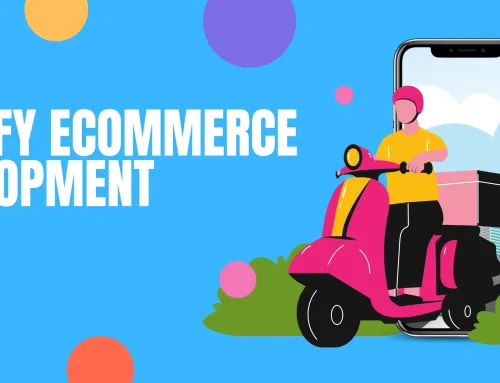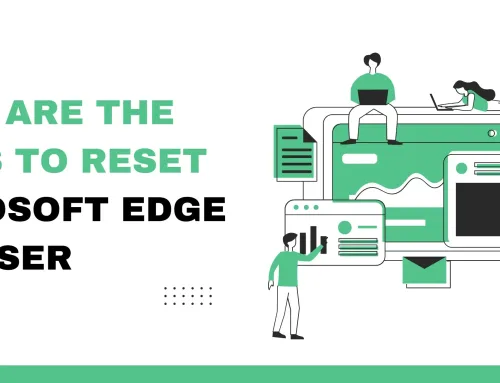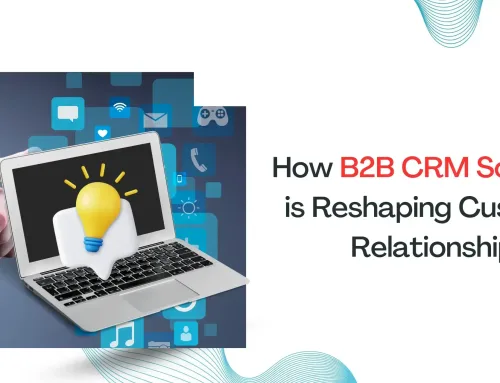The landscape of recruitment is undergoing a seismic shift, thanks to the advent of artificial intelligence (AI). This transformative technology is not just about automating tasks; it’s about redefining the way we connect talent with opportunity. For recruiters, AI promises unparalleled efficiency and precision. For candidates, it heralds a seamless and more engaging job search experience. But beyond these immediate benefits, AI holds the potential to make the recruitment process fairer, reducing biases and fostering a more inclusive workforce.
The journey of recruitment has evolved significantly from the days of newspaper ads to the digital age of online job boards and LinkedIn. These platforms made job hunting and talent search more accessible but also introduced the challenge of managing vast amounts of data. AI, with its ability to analyze and learn from data, represents the latest evolution in recruitment practices. It’s enabling a more nuanced understanding of candidates’ skills and potential, paving the way for smarter, more strategic recruitment decisions.
The Impact of AI Technologies on Recruitment
At the heart of AI’s impact on recruitment are technologies like machine learning and natural language processing. These tools bring insight and precision to the recruitment process, enabling a level of analysis previously unattainable. Machine learning algorithms, for instance, can predict a candidate’s job performance by analyzing patterns in their resume and past job experiences. Natural language processing allows AI systems to understand and interpret human language, crucial for analyzing job descriptions and resumes to match candidates with jobs accurately.
The real-world applications of these technologies are already making waves. AI-powered screening tools identify the most promising candidates, while algorithms predict future hiring needs, transforming every step of the recruitment process. This not only makes recruitment faster and more efficient but also more human, allowing recruiters to focus on building relationships and understanding candidates’ aspirations.
Enhancing Candidate Experience and Reducing Biases
AI’s role in recruitment extends beyond matching resumes with job descriptions. It’s also about enhancing the candidate experience. In today’s competitive job market, providing a positive and engaging experience is crucial for attracting top talent. AI can personalize the application process, making candidates feel valued and engaged. Moreover, AI plays a crucial role in reducing biases in recruitment. By focusing on skills and qualifications rather than subjective criteria, AI-powered tools help create a more level playing field for all candidates.
Unique Morris-Hughes, the Director of the Washington, D.C. Department of Employment Services, highlights the potential of AI to eradicate bias, stating, “For so long, in marginalized communities, technology hasn’t been used to innovate or advance services. And so, what Career Ready DC provides is another tool to eradicate bias.” This emphasis on fairness and objectivity is not just about making the recruitment process more transparent; it’s also about uncovering talented individuals who might otherwise be overlooked due to unconscious biases.
Predictive Analytics and Global Insights
Predictive analytics is one of the most exciting aspects of AI in recruitment. This technology enables companies to anticipate future hiring needs and identify skills and roles that will be in demand. This foresight allows for more effective talent acquisition strategies, ensuring the right people are in place to meet future challenges. Additionally, AI’s predictive analytics can identify trends in employee turnover, helping companies address potential issues before they become problems.
Drawing from the diverse experience of Conrad Clarkson, who has worked across various global markets, we gain valuable insights into how AI is shaping recruitment worldwide. Clarkson’s journey through different cultural and professional landscapes offers a unique perspective on the universal appeal and adaptability of AI in recruitment. His work highlights the global nature of this revolution, underscoring the importance of understanding local market dynamics while leveraging global technologies like AI.
AI Transformations in Recruitment
ZipRecruiter’s journey, under the leadership of co-founder and CEO Ian Siegel, showcases AI’s transformative power in recruitment. Their AI technology doesn’t just scan resumes; it understands them, interpreting the nuances of jobseekers‘ experiences and skills to find the perfect match. This AI-powered matching is not just about efficiency; it’s about accuracy, ensuring that employers receive applications from the most relevant candidates.
Textio, co-founded by Kieran Snyder, leverages augmented writing technology to help employers create more inclusive and effective job listings. This AI-driven approach analyses language patterns to identify phrases that attract diverse candidates, making job ads more appealing to a broader audience. Textio’s success highlights the importance of language in recruitment and AI’s ability to guide and improve our communication, making recruitment more inclusive and effective.
Navigating Challenges and Looking to the Future
While AI offers immense potential in recruitment, it’s not without its challenges. Ethical considerations, particularly around bias and privacy, are at the forefront. The industry is responding with research and innovation aimed at making AI in recruitment as fair and transparent as possible. Human oversight remains crucial in navigating these challenges. Dan Hopkins, Vice President of Global Public Sector and Applied AI at Eightfold AI emphasises the balance between AI capabilities and human judgment, stating, “So, you’re still having humans make those decisions, but you’re giving them a more informed data set to make the very best decision.”
As we look to the future, AI’s role in recruitment is set to grow. Emerging technologies and ongoing innovation promise to further enhance the efficiency, fairness, and effectiveness of the recruitment process. The potential for AI to transform recruitment is boundless, from sophisticated matching algorithms to tools that provide deeper insights into candidates’ skills and potential. However, embracing these changes requires a willingness to adapt and innovate, continually seeking ways to improve and evolve. The future of AI in recruitment is not just about technology; it’s about people, enhancing our ability to connect talent with opportunity, and creating a more dynamic, diverse, and inclusive workforce.










